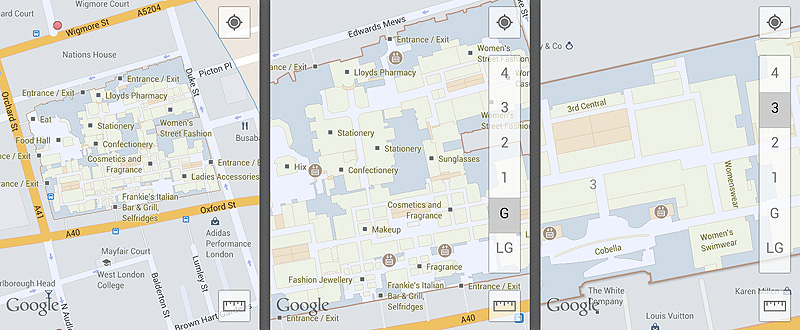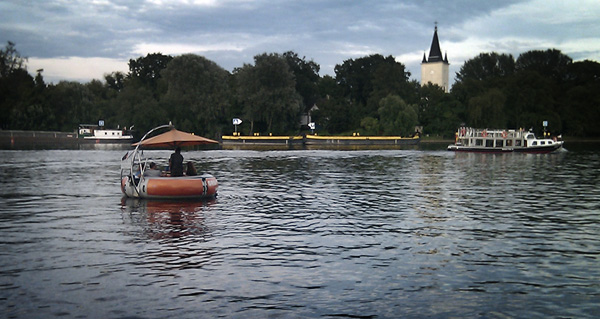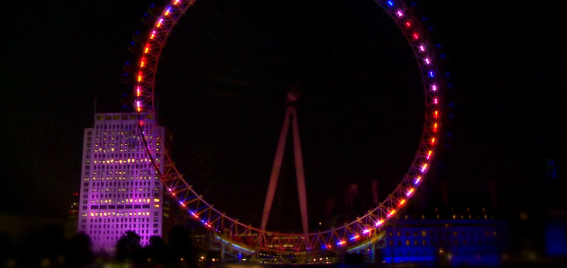Thanks to the snow and a missed connection, I’ve had unexpected hours to kill in Prague. I’ve bought some cakes, wrote this article – and realised the true value of Bitcoin.
These unforeseen opportunities to discover a city are usually loads of fun. This time however – having seen the Czech capital a few times already and being held back by the sub-perfect weather conditions -, I just decided to jump in a warm cafe and spend the time with work. I assumed that eating out some place in the former Eastern European Bloc is the cheapest option anyway. And I learned that it isn’t.
Do you know how much a coffee costs in Prague?
£5,40. That’s almost twice as much as it is in London.
Well, let’s be fair: the price the cafe asks for is very reasonable. The problem is that this is not the price you will eventually pay. Czech has its own currency, which means you look at significant banking- or exchange costs.
The cafe I chose didn’t seem to accept AMEX cards. Coming from direction Germany and talking about a small amount of cash, my best option was to exchange Euros (which I previously withdrew from my sterling account, to make it more financially rewarding).
So I went to the cafe, checked the price of one cappuccino and the most expensive looking cake, went to the exchange, queued for cash, and went back for the warm beverage.
Now, I understand that governments need their own currency to make corruption easier and to be able to confiscate the economy around the election campaign time, for all sorts of populist reasons. It’s just that it makes the world a little worse.
Wouldn’t it be awesome to be able to pay with a currency you are already familiar with, without the need to deal with fake-looking Monopoly money, dodgy exchange booths and shady folks?
Cryptocurrencies are not only for the Internet.
Hey foreign merchants, just so you know: if I ever see a Bitcoin badge on your cafe’s window, I will go in. Even if you play minimal techno in Balkan punk style. Even if your seats are made of stones.
This is happening right here and right now, people – and it’s moving really fast. There will be more currency options, the markets will lose their volatility, and I’m waiting for the day to be finally get paid in BTCs.
I’m definitely in for Bitcoin (and Litecoin, Namecoin, Quarkcoin etc.) – but trying to stay on the safe side. For the start, I’ve set up a server to collect market infos and created an app to display price charts. So far the server is slow, so only the 24-hs BTC view is free as an Android app: BTC Charts for Android (coming soon for iOS and the web).
(Please debate on Twitter.)



